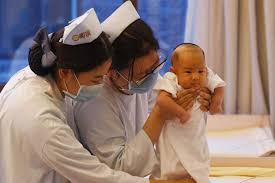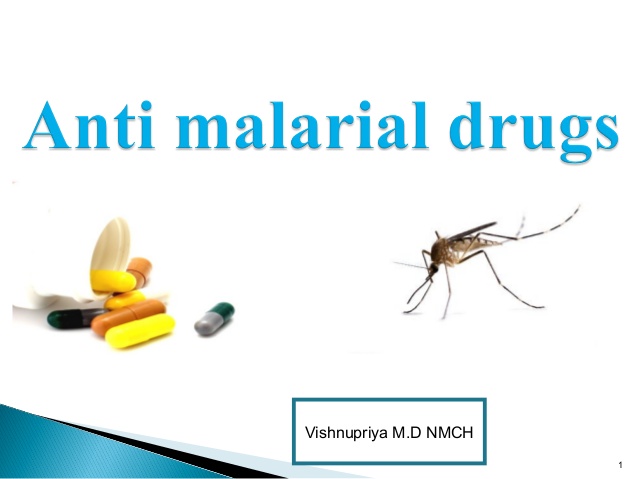NCDC Issues Public Health Advisory To Nigerians On Novel Coronavirus
This is a public health advisory on a new virus; the novel coronavirus (nCoV), by the Nigeria Centre for Disease Control. As this is a new virus, and new information is emerging every day, this advisory will be updated as new information and research on the virus and its impact on populations become available.
The first case of a novel (new) coronavirus (2019nCoV) strain was confirmed in China on the 7th of January 2020. According to preliminary investigations, most patients either visited or worked in the Huanan Seafood wholesale market, Wuhan city. As at the 20th of January 2020, 278 laboratory-confirmed cases of 2019-nCoV infection including six deaths have been reported to WHO globally since the first case was reported on the 31st of December 2019.
Many of the initial cases were thought to have contacted the virus through animal-to-human transmission from the market, but human-to-human transmission has also been established. Global surveillance is being established and it is expected that more cases will be reported over the next weeks.
Wuhan city is a major transport hub in China. Beyond Wuhan, cases have been confirmed in other cities in China; Guangdong, Beijing and Shanghai. As at the 21st of January, five cases have been confirmed in four other countries; Thailand, Japan, Republic of Korea and the United States of America, all with a travel history to China.
Coronaviruses are zoonotic, meaning they are normally transmitted between animals and people. A novel coronavirus (nCoV) is a new strain of the virus that has not been previously identified in humans. Some coronaviruses can be transmitted from person to person, usually after close contact with an infected patient, for example, in a householdor health care setting. Several known coronaviruses are circulating in animals that have not yet infected humans.
The World Health Organization (WHO) has convened its Emergency Committee today (22/01/20) to determine whether this outbreak should be declared a “Public Health Event of International Concern” (PHEIC).
SYMPTOMS
This new coronavirus 2019nCoV appears to cause mild to severe respiratory symptoms like cough and breathing difficulties. From current evidence, it appears that death is a rare outcome, mostly in patients with underlying illness.
TREATMENT
There is no specific treatment for disease caused by the novel coronavirus yet. However, many of the symptoms can be treated. Therefore, treatment is based on the patient’s clinical condition. In addition, supportive care for infected persons can be highly effective.
NIGERIA’S PREPAREDNESS AND RESPONSE
The Nigeria Centre for Disease Control (NCDC) is currently coordinating a multisectoral technical group that is assessing and managing the risk of importation to Nigeria. NCDC is in close communication with the World Health Organization (WHO) who is closely monitoring the situation globally. WHO is in direct communication with the Government of China and other affected countries, and has released technical and travel guidance.
The Port Health Services unit of the Federal Ministry of Health in Nigeria has been placed on alert and has heightened screening measures at the points of entry. In China, exit screening measures have been enhanced for travellers from Wuhan city at the Points of Entry (PoE) (airports and ground transport stations) since the 14th of January 2020. This includes temperature checks, combined with provision of information and masks to passengers with fever, as well as directing symptomatic passengers to health facilities for follow up.
Nigerians are advised to remain calm. Travelers from Nigeria to Wuhan, China, are advised to avoid contact with sick people, animals (alive or dead), and animal markets.
Travelers from Wuhan to Nigeria, may be asked questions upon arrival by the Port Health Services unit at points of entry about symptoms of illness and travel history, and are advised to report immediately to NCDC, if they feel ill after a trip to Wuhan.
The Federal Ministry of Health through NCDC and its partners are fully committed to strengthening our preparedness and response to infectious disease outbreaks.
Information will be shared with the public as it becomes available.
HOW TO PROTECT YOURSELF
To reduce the risk of spread of coronavirus, members of the public are advised to adhere to the following measures:
• Wash your hands regularly with soap under running water
• Cover your mouth and nose properly with handkerchief or tissue paper when sneezing and/or coughing. You may also cough into your elbow if a handkerchief is not available.
• Avoid close contact with anyone showing symptoms of respiratory illness such as coughing and sneezing
• Avoid self-medication, report to the nearest health facility when you experience any of the above-mentioned symptoms
• Healthcare workers are always advised to observe standard infection prevention and control measures when attending to patients and take a travel history.
As the situation is evolving, this advisory will be updated as more information becomes available.





